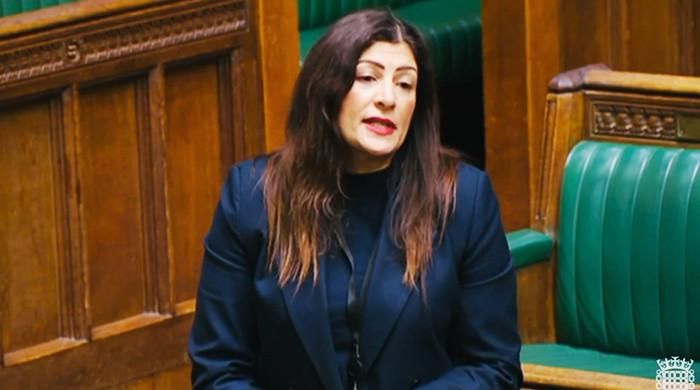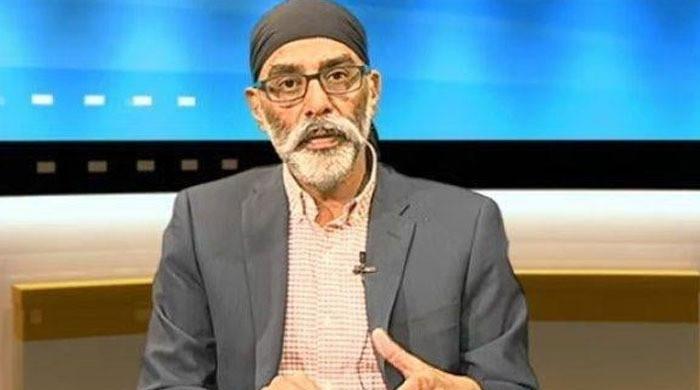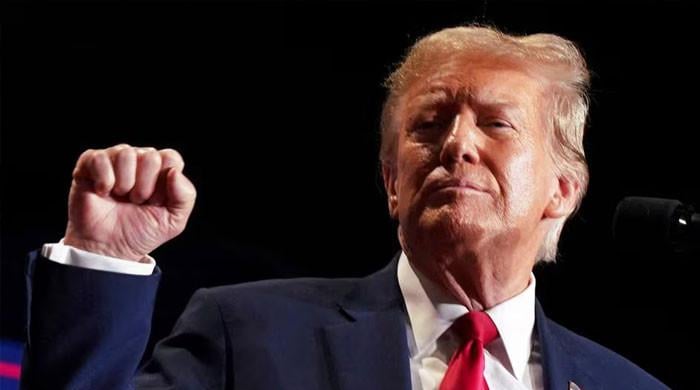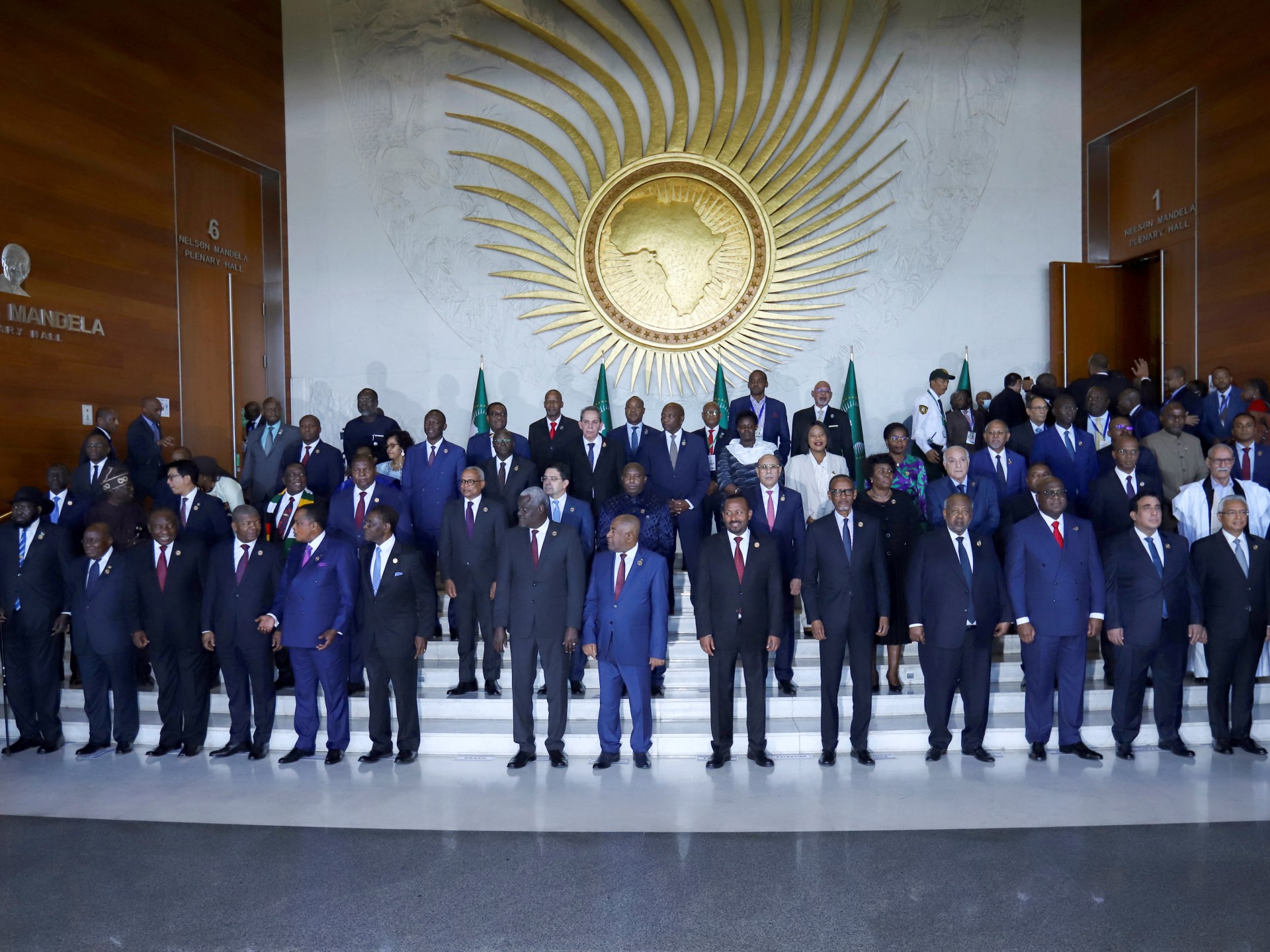“Transnational repression to silence dissent in democracies is extremely serious and often comes from authoritarian states,” says the deputy
LONDON: Britain's first Sikh MP Preet Gill, a House of Commons MP, accused “agents with links to India” of transnational repression of British Sikhs, as well as Sikhs living in other Western countries. .
In oral questions to the Home Office, the Sikh Labor MP asked what assessment Security Minister Tom Tugendhat has made “of the effectiveness of the measures taken by his department to address transnational repression by hostile states”.
Dan Jarvis, Labor MP and shadow security minister for Barnsley Central, also asked a similar question about the transnational repression of Sikhs in India.
Sikh Labor MP for Birmingham Edgbaston told the main chamber during Home Office oral questions: “Transnational repression to silence dissent in democracies is extremely serious and often comes from authoritarian states. In recent months, Five Eyes nations have expressed concern about the actions of agents with ties to India against Sikh activists. Most disturbingly, there have been suspected murders and foiled murder plots.
“US and Canadian authorities have taken the initiative at high levels to publicly denounce this challenge to their sovereignty, the rule of law and their democratic values. Will our government show the same courage and strength to publicly defend the democratic rights of Sikh activists in the UK and what assessment has it made of the safety of Sikhs here in the UK?
The MP was referring to the assassination of Khalistani leader Hardeep Singh Nijjar by Indian agents in Canada and the foiled plot to kill Gurpatwant Singh Pannun, counsel general of Sikhs for Justice (SFJ), which is leading the Khalistan referendum. Hardeep Singh Nijjar was leading the Khalistan referendum campaign in Canada.
Government minister Tugendhat responded that the British government is “continuously assessing potential threats to individual rights, freedoms and security in the UK” and uses its intelligence services to mitigate any threats to individuals.
The Minister noted that the recent national security law included measures to address foreign interference, including transnational repression, and that the “Defending Democracy Task Force” was reviewing the UK's response.
“If there is any specific threat against any British citizen from any foreign power, we will take immediate action. The Sikh community should be as safe in the UK as any other community. We have taken all measures we consider appropriate at this stage. We maintain a very close relationship with our partners at Five Eyes. “We are absolutely clear that when the situation changes and we need to take action, we will do so.”
Preet Gill was one of several cross-party MPs who recently met the Security Minister to express their concerns following reports of Osman warnings (a threat to life) given by UK police to a number of British Sikhs who They are campaigning for the creation of Khalistan. .
The Sikh Federation said in a statement: “The Minister's response when asked about the Indian government attacking Sikh activists demonstrated that the UK government lacks the same courage and strength as the United States and Canada to publicly defend democratic rights. of Sikh activists in the UK. as he cleverly avoided mentioning India in his answer.”











